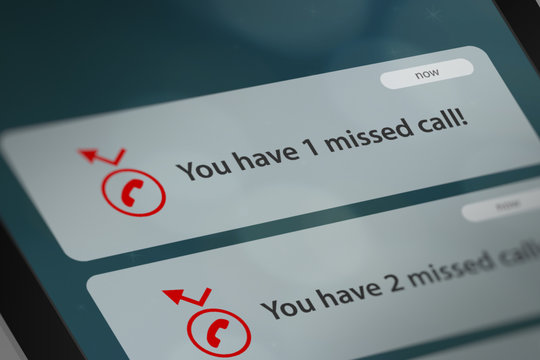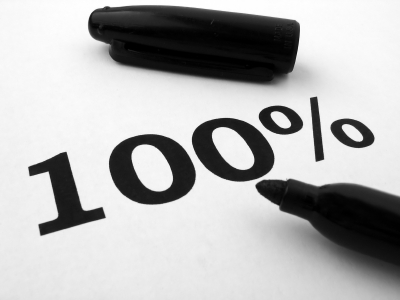But when I received very strong corrective comments from that person, I was vehemently defensive at first and then thoroughly disappointed with myself. Later that evening, I narrated the incident to a team member of mine and she confessed to experiencing a déjà vu right at that very moment. She said that she had also experienced rejection when I had unmindfully rattled on and on poking holes in her latest design for a client intervention. While I was alive to my feelings, I certainly wasn’t empathetic towards hers and gave her my feedback unabated.
Well, how often has something like this happened to you? Have you felt horrible when the person you most expect to be your career advocate isn’t impressed by your work?
For a few hours after I got off the phone with my critic, I frantically reached out to a few people who I knew would say ‘nice’ things and give me the much-needed encouragement. I experienced an equilibrium and progressed from feeling very low towards climbing into a neutral state of mind.
Why did I need positive feedback to make me feel better about myself? Why wasn’t I strong enough to handle criticism?
There is an unconscious bias that perhaps many of us live with, we take for granted that a ‘specific person’ such as a career advocate, coach, mentor, friendly colleague, or a business guru would always appreciate and praise us, no matter what. The ability within us to accept negative comments without losing our objectivity has to be consciously constructed with generosity towards forgiveness and with gratitude for that person’s genuine interest in developing us.
The feelings of anger, and low self-worth, I experienced in the first couple of hours compelled me to unmindfully amplify other neutral or nice comments. While my inner critic was saying that I was finding comfort superficially, I tried hard to douse the voice, until I had a wake-up call.
I realized that only those people who truly intend to lift us up have the courage to call out our shortcomings. They take the risk to make us better than the best. They baptize us through fire, because they believe truly in us. So the next time, you feel an instant instinct to reject both the message and the messenger, pause for a moment and regain your balance from being emotionally hijacked.
I am fortunate to have people who care about me, my profession, and my performance. Therefore, I am better off losing my insolence right here, right now.









